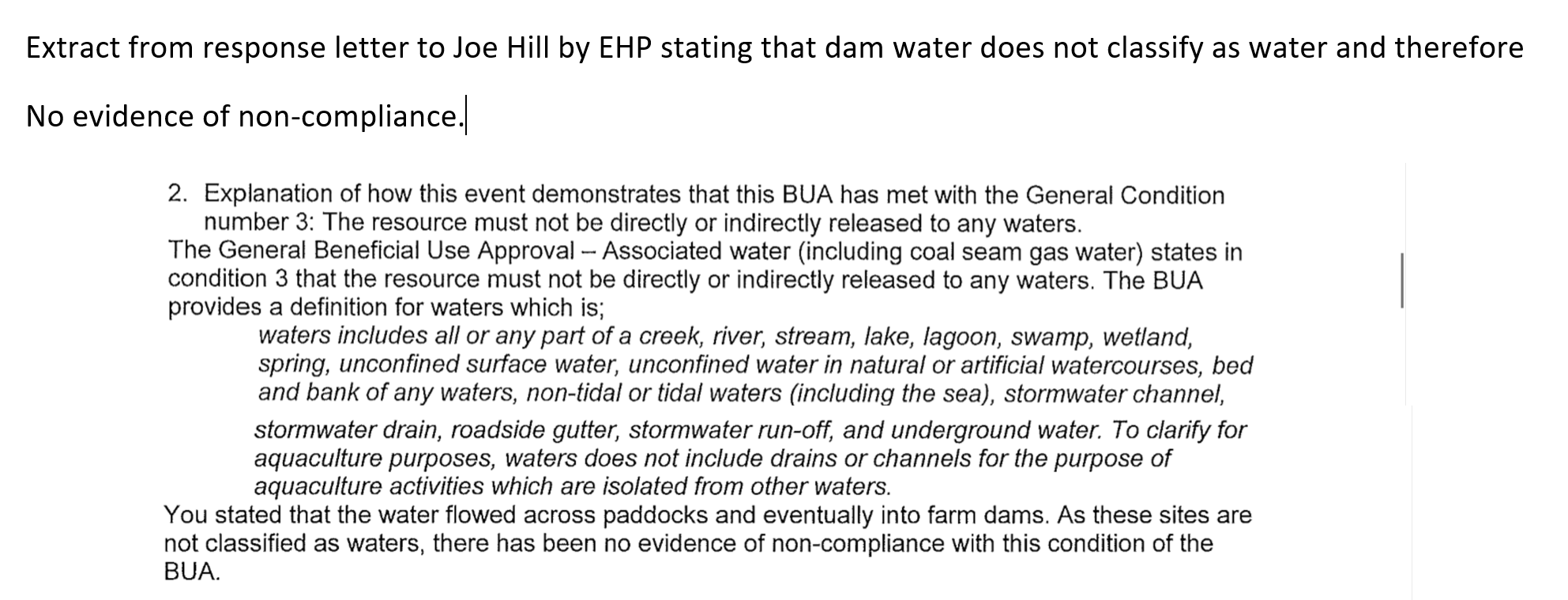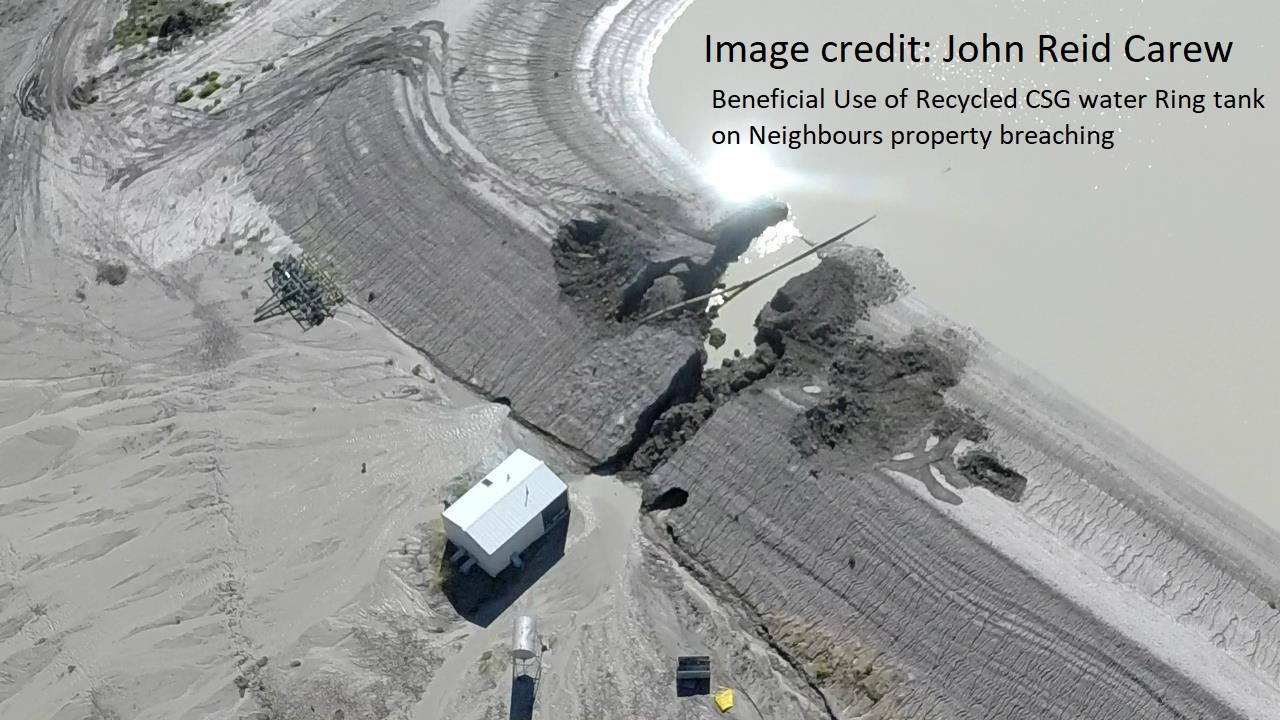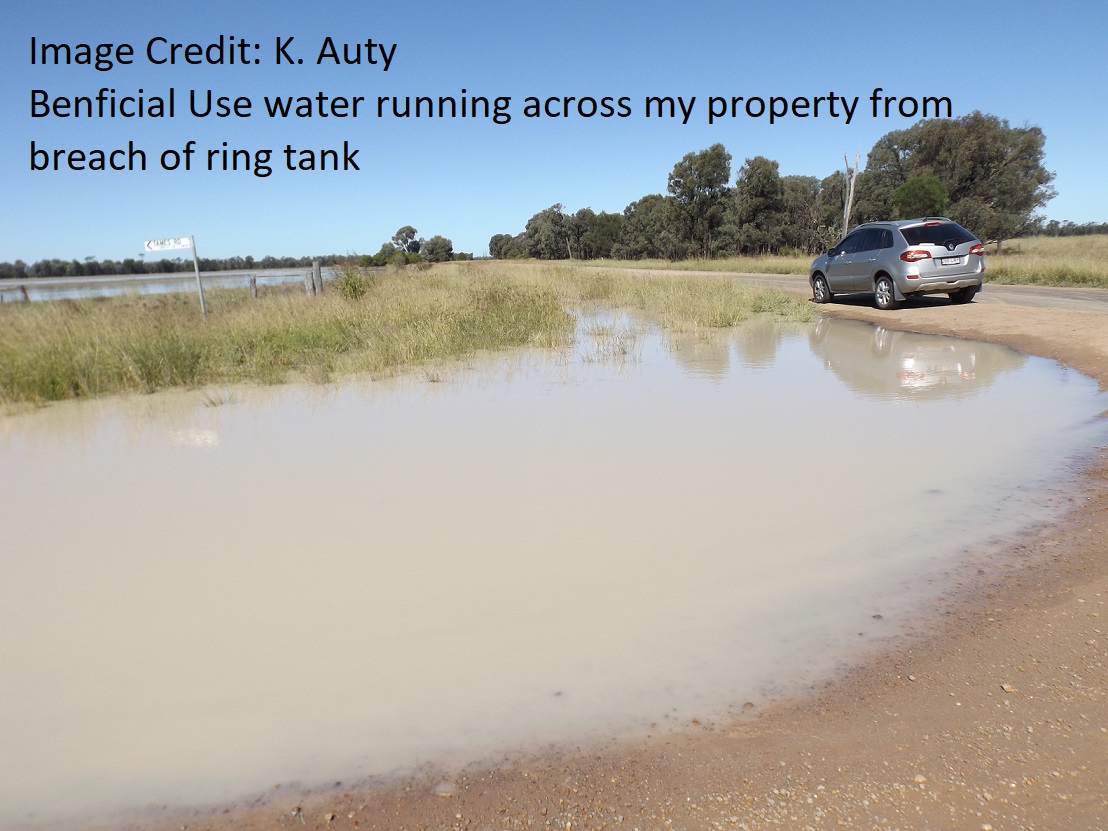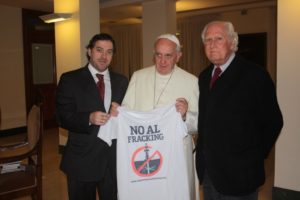Session 3 – Environment & Climate Change
The climate subcase will examine the human rights and earth rights implications of fracking’s impacts on the climate system, for present and future generations and for other living beings, which may result from a CO2-intensive extraction
process, fugitive and intentional methane releases, fostering a continued reliance on fossil fuels, and so on.
and
The ecosystems subcase will examine human rights and earth rights impacts on ecosystems, oceans and wildlife, on contamination and depletion of ground and surface waters, and on the contribution to earthquake swarms.
View and download a PDF version of this PowerPoint presentation here. [2MB]
David Smith Testimony – Pipe Dreams and Fractured Lives
A farmer from SE South Australia has invested enormous time and energy from his business and family and borrowed heavily financially to produce a 67 minute film (being shown independently in cinemas) that outlines his journey to not leave any stone un-turned when it comes to finding the truth about the impacts of this industry that his government would have him and his community accept into their homes without question. He provides a 17 minute extract here as his testimony and is happy to present the film in its entirety to the tribunal if requested. This film is eloquent about the dangers to the environment and in turn the families and indeed the country face from the industry but it is damning in what the very existence of this film and the individual;s efforts says about our government.
(A full feature copy will be provided to the Judges)
Testimony by Tim Forcey
Mr Forcey is former Energy Advisor – University of Melbourne Energy Institute and has extensive experience in renewable energy, energy storage, fuel-switching, energy efficiency, energy management, carbon management, electricity, gas, oil, petrochemicals, building and home energy.
“In terms of impact on the environment and climate and resultant impacts on human rights, the production of unconventional oil and gas can lead to very high emissions of methane, a powerful greenhouse gas. I submit the following data to the tribunal for their consideration. It is important that industry minimise methane emissions, and also that methane emissions are appropriately regulated, monitored and reported. Work by the University of Melbourne shows that the current reporting of methane emissions by the Australian unconventional oil and gas industry and by the Australian Government is inadequate. ” Tim Forcey – former Energy Advisor – University of Melbourne Energy Institute
Also please refer to the following ABC Segment
Tim Forcey also published his feedback to the Northern Territory Government Enquiry into Fracking. His feedback provide direct evidence that the Government have a default position that supports the industry and pursues reasons to institute the industry instead of alternatives and fails to consider the will of the people.
Testimony by David C. Paull (B.Sc., Dip.Hum., M.Res.Sc) – Ethical Ecology
Joe Hill Testimony
My Name is Joe Hill from “Wandaloo” near Miles. I submit the following as my testimony to the tribunal. I believe that evidence shows the lack of government oversight and control the industry enjoys due to the preferences given to the industry over agriculture and the real potential for contamination of the lifeblood of our country – WATER.
Link below to interview Joe Hill interview on Radio National



Testimony by Dr John Standley OAM
I, Dr John Standley OAM, submit the following video as my evidence to the Tribunal. The title of the presentation is “Agriculture, Mining and Coal Seam Gas Enterprises – Impacts on soil and water” which I presented to the Unity Action Symposium held in Chinchilla on 28 February 2015. I believe that this information is as relevant today as it was in 2015 and submit the video to be referenced on the website hosting the Australian testimony for the International People’s Tribunal into Unconventional Gas, and in particular Session 3 – that unconventional gas puts at risk human rights in regard to a safe and healthy environment and in particular the security of our future food production and water resources.
The government lacks vision and planning in allowing unconventional gas to have primacy over land and water use in areas of high agricultural value and puts under further duress an already stressed ecological system. It is vitally important that priority land and water use is protected for the long term and not diluted in favour of unsustainable fossil fuel resource access in the short term. Protecting our most productive agricultural land (a combination of soil fertility, climate and availability of high quality water from aquifers) for future generations is critically important, as well as providing security for the farming community.
Dr John Standley OAM, Honorary Life Member of Soil Science Australia.
23 November 2017.
Report for the Human Rights Impact of Australian Unconventional Gas Company from Latin America
The following testimony has been coordinated to be provided through 350.org via Asociación Civil Ambientalista de Salto (ACAS); Paysandú Libre de Fracking; Paysandú Nuestro; Asamblea Popular Ambiental Colón-Ruta 135; Tacuarembó por el Medio Ambiente; Uruguay Libre de Megaminería; Coordinadora Ambiental Todas las Manos; with the accompaniment of environmental organizations from Argentina, Brazil and Paraguay.

Dr Rosalie Schultz – Doctors for the Environment Australia (DEA) Testimony
This evidence was provided to the Scientific Inquiry into Hydraulic Fracturing in the Northern Territory and speaks to the human rights impacts of the industry associated with climate impact and policy makers instincts to exploit rapidly and completely fossil fuels is inconsistent with the Paris commitments.
